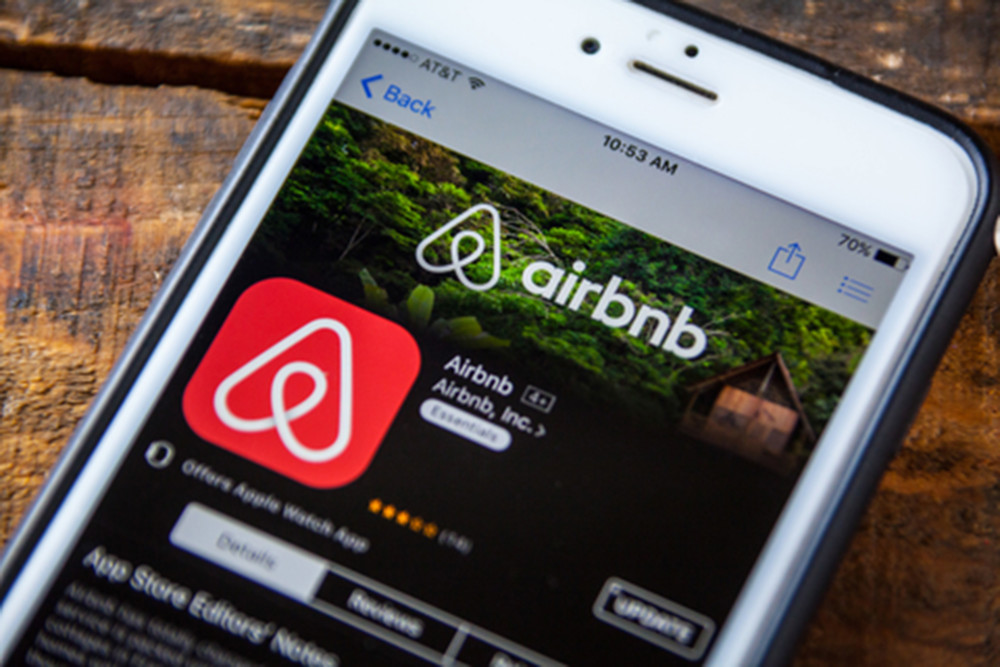EDITORIAL
The Detroit News
WWR Article Summary (tl;dr) Proposed regulations on home-sharing could throttle what is a burgeoning industry in Detroit. A spokesman for Airbnb contends there are roughly 1,000 Airbnbs across the city, generating nearly $9 million for hosts in 2018.
The Detroit News
Detroit City Council is working on an ordinance that could over-regulate home-sharing in the city, pulling the welcome mat from underneath a burgeoning industry that has become an important piece of the gig economy.
The council should work with local entrepreneurs to develop a regulatory framework that both respects neighborhoods and Detroiters’ rights to use their own property as they see fit.
Airbnb spokesman Sam Randall contends there are roughly 1,000 Airbnbs in Detroit, generating nearly $9 million in 2018 for their hosts. That’s up 60% over the previous year, he says.
The proposed regulations, however, have the potential to throttle this blossoming industry.
The ordinance mandates requirements that local entrepreneurs estimate would eliminate 90% of the home sharing market in the city.
Hosts would not be allowed to rent their properties for more than 90 days cumulative throughout the year. They would be required to be both the owners and primary residents of the property that is offered for temporary rentals.
And short-term rental properties would have to be located no less than 1,000 feet apart from each other unless granted a waiver.
“We do 100% agree that some regulations should be in place for this new industry,” local Airbnb host Drianne White said. “But wiping out 90% of the current operators isn’t a good solution.”
White says she and her husband bought a duplex in Detroit in December of 2017 and spent all of 2018 living in one side while preparing the other side for home sharing.
“We did all of the rehab ourselves. We financed it ourselves. We took on credit card debt. All with the intention of having the Airbnb go live in April. We have our livelihood wrapped up in this.”
She says they have made on average $3,000 per month which has allowed her to quit her day job and be a full-time hostess. “Airbnb has saved me from the typical 9-5 industry,” she says. “It has allowed us to embrace the entrepreneurial spirit and to have the freedom to do what we want to do.”
To White, these new regulations are a knockout. “We would basically go out of business,” she says.
Kathleen M. Quackenbush, a legislative director for the City Council, says the purpose of the regulations is to protect the integrity of neighborhoods and maintain affordable housing in Detroit.
“When people buy up these properties, we want them to become neighborhoods, not pseudo-hotel districts,” Quackenbush says. She adds that the council wants to guard against “complexes being sucked up and converted into short-term rentals.”
In addition, the council has heard public complaints about disruptions stemming from Airbnb guests throwing parties — particularly in the Boston Edison neighborhood.
That’s a legitimate concern, but one the police should be able to handle.
Quackenbush says that so-far, the council has amended the ordinance so that it does not apply to hosts who remain on the premises when renting out parts of their property. She says the exemption covers 40% of Detroit’s Airbnbs.
That’s certainly a step in the right direction. But not enough. The 90-day cap and the primary-residence rules are too limiting, tying the hands of honest entrepreneurs.
Council should reconsider the ordinance, making it lenient enough to allow owners to profit from their properties while still protecting their neighbors.
___
Distributed by Tribune Content Agency, LLC.














































































































































































































































































































































































